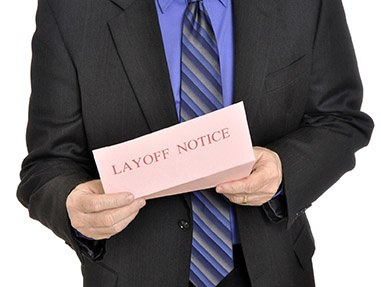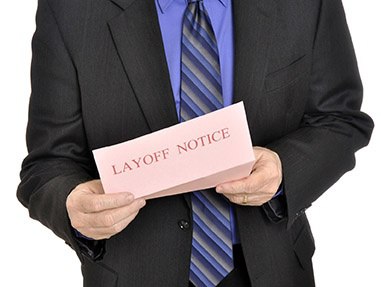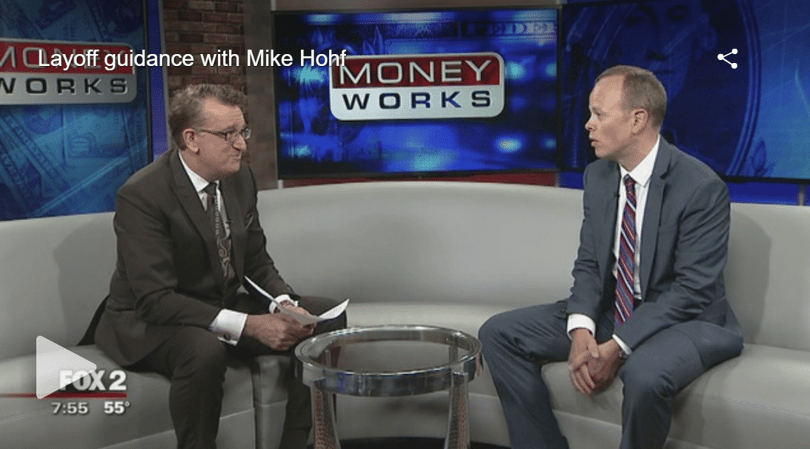
Don’t let a short-term setback cause long-term problems
by Mike Hohf, Financial Adviser and Smartvestor Pro

The loss of a job is a scary prospect, and a feeling many Americans know all too well.
According to a 2014 study by the John J. Heldrich Center for Workforce Development at Rutgers University, 20% of workers in the U.S. had been laid off from 2009 to 2014. Furthermore, 70% of Americans surveyed in the same study said they have less in savings and income than they did five years earlier.
In today’s environment, employers often make hiring and firing decisions based on their bottom line rather than the quality of their people. If your future at your employer is less than certain or you are facing a job loss, here’s what to do to keep your financial life on track.
- Review your budget. Hopefully, you’ve diligently tracked your income and expenses. If not, the first thing to do is gather your recent credit card and bank statements. Use these statements to analyze your spending habits.
Once you know where every dollar is going, you need to determine what expenses are absolutely necessary. Then, do your best to eliminate those expenses that are not necessities. If you have been disciplined and diligent during this process, you should have a surplus that you can use to build your emergency fund or add to your retirement accounts. - Build your emergency fund. The reason to have an emergency fund is simple: you don’t know what’s going to happen in life. An adequate emergency fund has a balance of at least six months of living expenses. That buys you an incredible amount of peace of mind, just in case something unexpected happens.
- Avoid credit. When it comes to credit, the choices made today have BIG consequences tomorrow. Using loans and credit cards to finance things when times are good can exacerbate your problems when times are bad, such as when you are facing a job loss.
First, the interest alone makes credit a bad idea. You may end up paying more for things you already cannot afford. Second and more importantly, credit creates a massive cash flow problem. If you lose your job and face a cut in income, how will you be able to support the monthly payments and avoid ruining your credit score? Credit cards create temptation to purchase things that we probably shouldn’t. Do your best to avoid the temptation. - Understand your employer benefits. If you lose your job tomorrow, what happens to your employer-sponsored benefits, such as your health insurance, life insurance, 401(k) plan and pension plan? If you don’t know the answer, find out. More information and knowledge about these benefit plans gives you a greater ability to effectively plan for the unexpected. For example, you may qualify for COBRA, which allows you to keep your current insurance coverage for at least 18 months after you leave your job. However, you must pay all the premiums yourself.
- Have a plan. The most effective strategy for handling uncertainty is to have a plan of attack. If you are facing job uncertainty or have recently lost your job, it is particularly important that you have a plan. Work with a professional financial planner to help you assess and navigate your specific situation and its many financial considerations. A plan will help you avoid making drastic decisions that cause deeper long-term problems.
- Create a financial partnership. A lot of people can call themselves a financial adviser. The truth is, a good financial adviser should give you advice that extends far beyond your investments. Advance Capital has five SmartVestor Professionals that believe and practice Dave Ramsey’s philosophies to help you improve every aspect of your financial life. Partner with a financial professional that cares about your financial success just as much as you do!
Smartvestor Pro Mike Hohf was recently interviewed on this topic by Fox 2 News Detroit. See video below:

